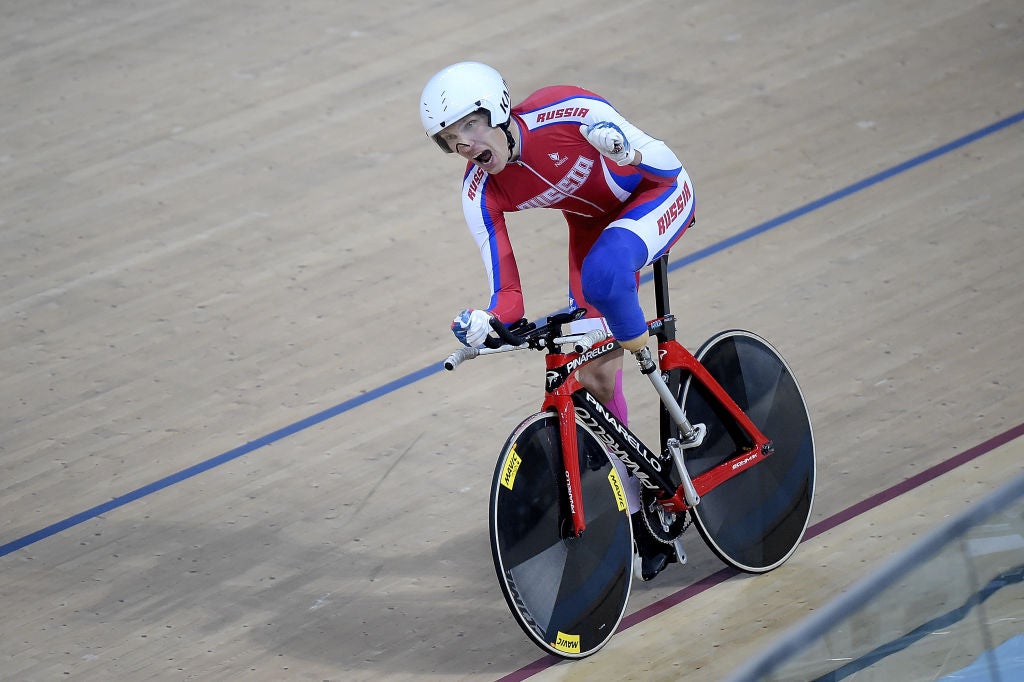Why is Russia banned from the Paralympics and what is RPC?
Russian athletes are still present in Tokyo, despite a ban for the country over a state-sponsored doping scheme

Russia was banned from the Tokyo Olympics and Paralympics in December 2019 after the notorious doping scandal, which rocked the sporting world.
The initial ban of four years was reduced to two years in 2020, it still ensured no official Russian team present at the Olympic Games in Japan or the 2022 World Cup in Qatar.
Nonetheless, just as they were for the Olympic Games, Russian athletes are still in Tokyo due to the establishment of the RPC.
Here is everything you need to know about the RPC and the background behind Russia’s ban:
Why was Russia banned?
Russia were found guilty of a state-sponsored doping scheme, which included Russian officials tampering with data provided by the Russian Anti-Doping Agency.
Russian athletes were subsequently banned from competing at the 2018 Winter Olympics and Paralympics in Pyeongchang, with Russia banned from competing as a country in athletics since 2015.
Russia has strenuously denied any involvement in a state-sponsored doping scheme, appealing the initial four-year ban from 2019.
The Court of Arbitration for Sport found their Anti-Doping Agency non-compliant, with a three-judge panel unanimously agreeing that the Russian Anti-Doping Agency (Rusada) failed to provide authentic drug-test data upon request by the World Anti-Doping Agency (Wada), who had initially pushed for a four-year ban.
It means the Russian name, flag and anthem will not be allowed at either Tokyo 2020 or Beijing 2022, and should Russia qualify for the 2022 World Cup in Qatar, they will have to compete under a neutral name.
Russia will also be banned from any world championship events that are organised by a Wada signatory until the sanction concludes on 16 December 2022.
Russia will only be reinstated after the ban if it respects and observes the sanctions imposed, pays all related fines and contributions and becomes compliant with the Wada code, the Cas added.
They will not be eligible to host or bid for any Olympic, Paralympic or world championship events during the length of the ban, and the ruling states that any hosting rights that have already been awarded to them should be withdrawn if the organising governing body is registered to Wada.
What is the RPC?
RPC will be the representation of Russian athletes competing in Tokyo.
RPC stands for Russian Paralympic Committee, which is allowed to represent Russia athletes as the ban was not outright, only forcing them to withdraw the team name and national anthem at sporting events.
A special RPC emblem has been created and will be in use on uniforms, equipment, personal items, websites and in other areas relevant to the Games.
The emblem will also be used on a flag which will be used at the Games in place of the flag of the Russian Federation at all venues and official ceremonies.
The Russian national anthem or any anthem linked to Russia shall not be sung or played at the Games. Instead, Pyotr Tchaikovsky’s Piano Concerto No 1 will be played for all victory ceremonies.
RPC athletes and team officials will wear neutral uniforms that do not feature the Russian flag or Russian Federation emblem or symbols. Instead, the RPC emblem will be used where required. The words “Russia” and “Russian” will not appear. For sporting equipment that requires the use of the country’s acronym, the RPC will be used instead of RUS.
Join our commenting forum
Join thought-provoking conversations, follow other Independent readers and see their replies
Comments
Bookmark popover
Removed from bookmarks